The current challenge for Irish forestry is a “multi-layered problem” that requires “multi-layered solutions” to address it, according to Minister of State for land use and biodiversity Pippa Hackett.
While Minister Hackett acknowledged the “frustration” over planting and felling licensing delays among many stakeholders in the forestry sector, she said that the work of Project Woodland to incorporate the views of the industry, environmentalists and communities takes time and that it “must be got right”.
She said that “moving from any other land use to forestry is a long-term project”, which lasts 30 to 40 years and, therefore, must be done with environmental and economic consensus.
The Green Party senator was speaking in a head-to-head debate on forestry with Sinn Féin spokesperson on agriculture Matt Carthy TD on RTÉ radio’s Today with Claire Byrne on Thursday.
Systemic problem
Matt Carthy TD agreed that Ireland’s forestry policy should deliver for the environment, local communities and the rural economy, but said that the current strategy overseen by Minister Hackett is “delivering on none of those issues”.
He described the current problem of licensing backlogs as “really systemic and cultural”.
He highlighted how Ireland is currently importing timber that should be produced and felled domestically and said that this contradicts the Government’s own objectives included in the Climate Action Plan launched earlier this month.
Carthy said: “The difficulty is every stakeholder in this [forestry] process, whether it be the timber industry, whether it be farmers, we all say that this is a sector that's facing absolute crisis.”
The Monaghan TD called for a streamlined licensing mechanism where landowners can plant and fell trees effectively.
Moving forward
Hackett said she agreed “with a lot of what [Carthy] was saying” and insisted that the “deep frustration” and “lack of confidence” farmers are experiencing must be reversed.
“We're going to be wholly reliant on the farmers and landowners of the future to meet those afforestation targets.
“That is indicative of the depth of the problems here, but we are working through them. I think the collective approach is the way to go,” she said.



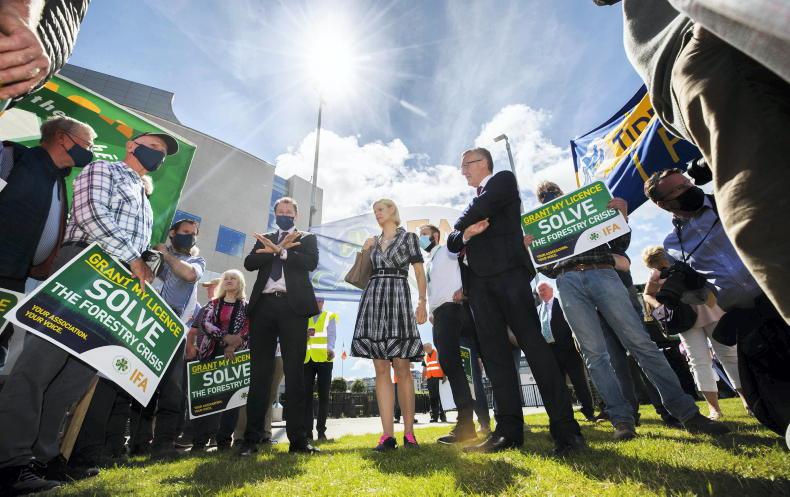
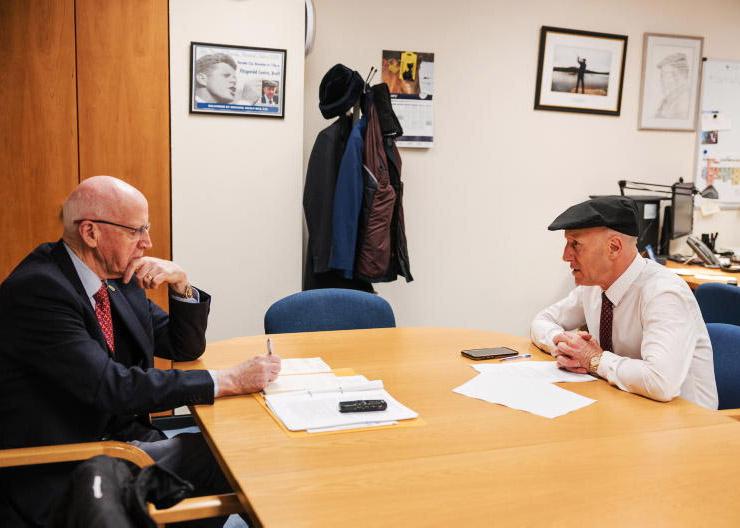

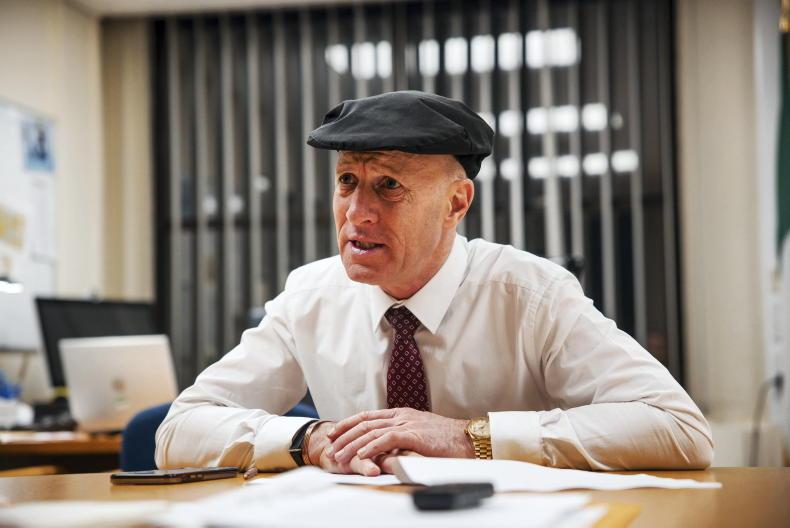
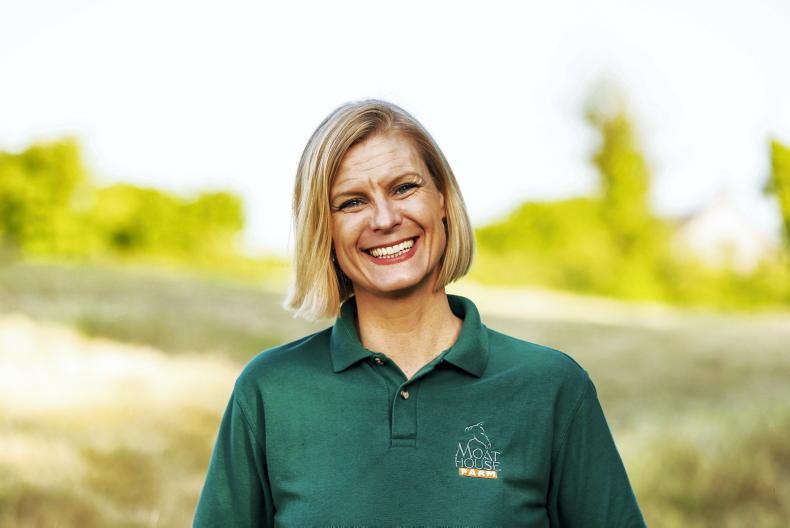
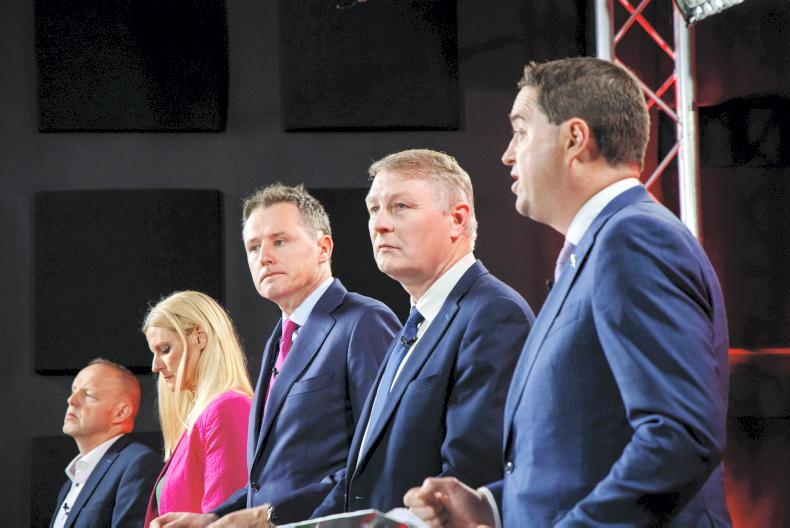
SHARING OPTIONS